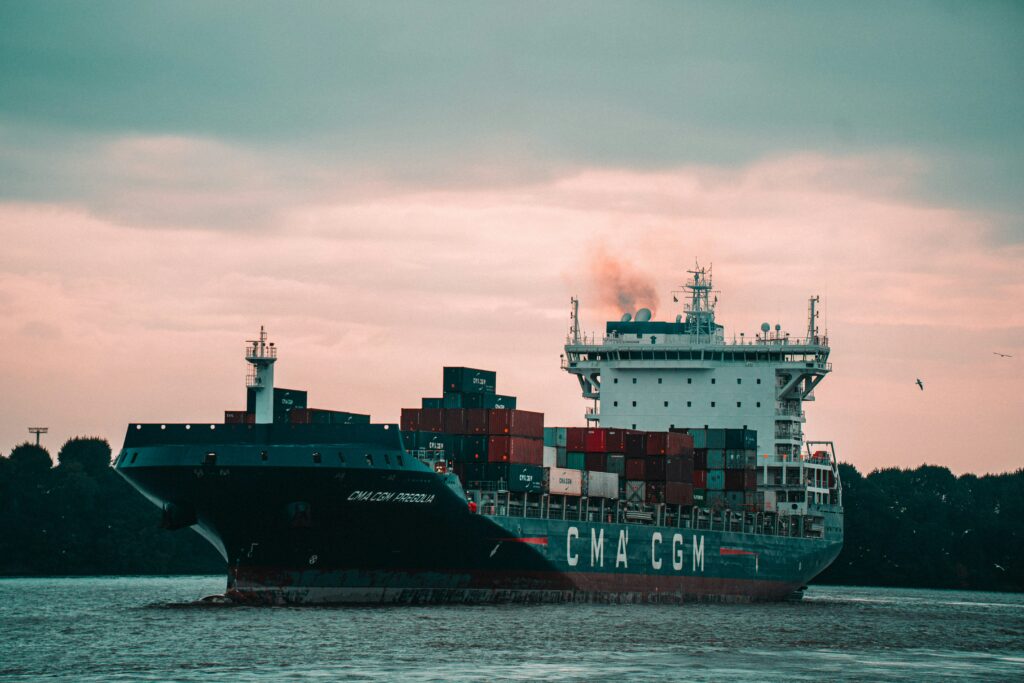In an era marked by global disruptions and rapidly evolving market dynamics, the resilience of supply chains has become a critical determinant of business success. The year 2024 underscored the transformative potential of artificial intelligence (AI) in enhancing supply chain robustness. As businesses contemplate future market expansion, understanding the lessons from 2024 is essential for leveraging AI effectively.
The Imperative for Resilient Supply Chains
Supply chains have faced unprecedented challenges, including geopolitical tensions, trade wars, and the lingering effects of the COVID-19 pandemic. These disruptions have exposed vulnerabilities, prompting companies to prioritise resilience and transparency. A survey by The Conference Board revealed that 85% of executives from large companies plan significant changes to their supply chains, with many focusing on adopting AI and diversifying vendors.
Artificial intelligence has emerged as a pivotal tool in addressing supply chain complexities. By analysing vast datasets, AI enhances decision-making, optimises operations, and predicts potential disruptions. Integrating AI into supply chain management has led to significant improvements in efficiency and resilience.
Lessons from 2024
Enhanced Supply Chain Planning
AI-driven tools have revolutionised supply chain planning by processing real-time data to improve demand forecasting, inventory management, and distribution strategies. Early adopters of AI-enabled supply chain management have reported reductions in logistics costs by 15%, improvements in inventory levels by 35%, and enhancements in service levels by 65%.
Strengthening Supplier Relationships through AI
Supply Chain Finance (SCF) has evolved to foster stronger, more collaborative supplier relationships. AI-powered SCF programmes support financially vulnerable suppliers, ensuring they have the necessary cash flow to operate without disruption. This approach prevents supply shortages and enhances supplier loyalty, creating a mutually beneficial ecosystem.
Adoption of AI-Enabled Planning
The complexity of modern supply chains necessitates advanced planning capabilities. AI-enabled sales and operational planning (S&OP) applications help bridge the gap between planning and execution. Low-touch planning, powered by AI, reduces manual work and leverages advanced analytics to address complex questions with minimal human intervention.
AI in Supply Chain Risk Management
Adoption of AI in supply chain risk management (SCRM) has increased significantly. AI enhances the ability to predict and mitigate risks by analysing large datasets to identify potential vulnerabilities and optimise solutions. This proactive approach is crucial for maintaining supply chain security in the face of global disruptions.
AI-Driven Supply Chain Optimisation
Generative Probabilistic Planning (GPP) is an AI technique that generates dynamic supply action plans optimised across all network nodes. By leveraging graph neural networks and reinforcement learning, GPP accounts for uncertainties and adapts to changing objectives, leading to significant improvements in performance and profitability.
Implications for Future Market Expansion
The lessons from 2024 highlight AI’s critical role in building resilient supply chains. As businesses plan for market expansion, integrating AI can provide a competitive advantage by enhancing flexibility, efficiency, and responsiveness.
- Strategic Diversification
AI enables companies to analyse geopolitical data and market conditions, informing decisions on diversifying supply sources and markets. This strategic diversification reduces dependency on single sources and mitigates risks associated with geopolitical tensions.
- Enhanced Visibility and Transparency
AI provides real-time visibility into supply chain operations, facilitating proactive management of potential disruptions. Enhanced transparency builds trust with stakeholders and ensures compliance with regulatory requirements, which is essential for successful market expansion.
- Sustainable and Ethical Practices
AI assists in monitoring and enforcing sustainable and ethical practices within the supply chain. By ensuring compliance with environmental and labour standards, companies can enhance their brand reputation and meet the expectations of socially conscious consumers in new markets.
- Agility in Responding to Market Dynamics
The predictive capabilities of AI enable businesses to respond swiftly to changing market demands and conditions. This agility is crucial for entering new markets, where consumer preferences and competitive landscapes may differ significantly from established markets.
Conclusion
The experiences of 2024 have demonstrated that AI is indispensable for building resilient supply chains capable of withstanding global disruptions. As businesses look toward future market expansion, leveraging AI will be essential for optimising operations, managing risks, and achieving sustainable growth. By embracing AI-driven strategies, companies can navigate the complexities of the global market with confidence and resilience.






